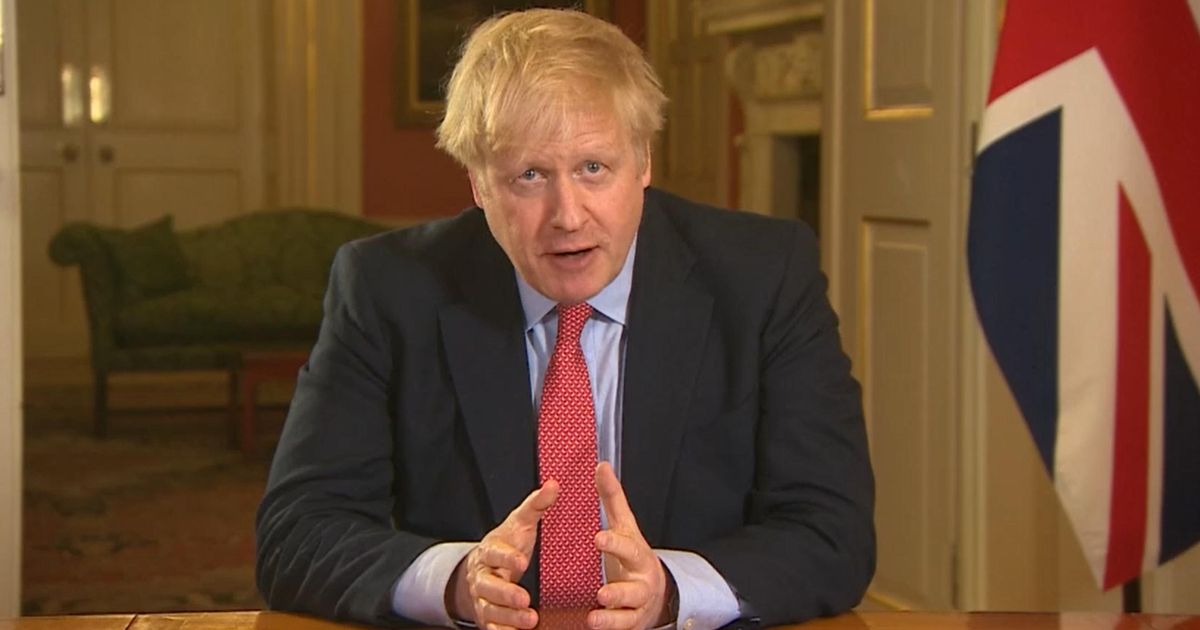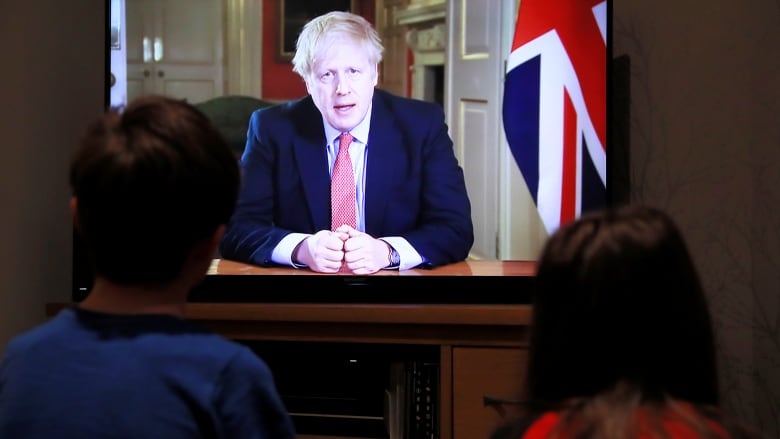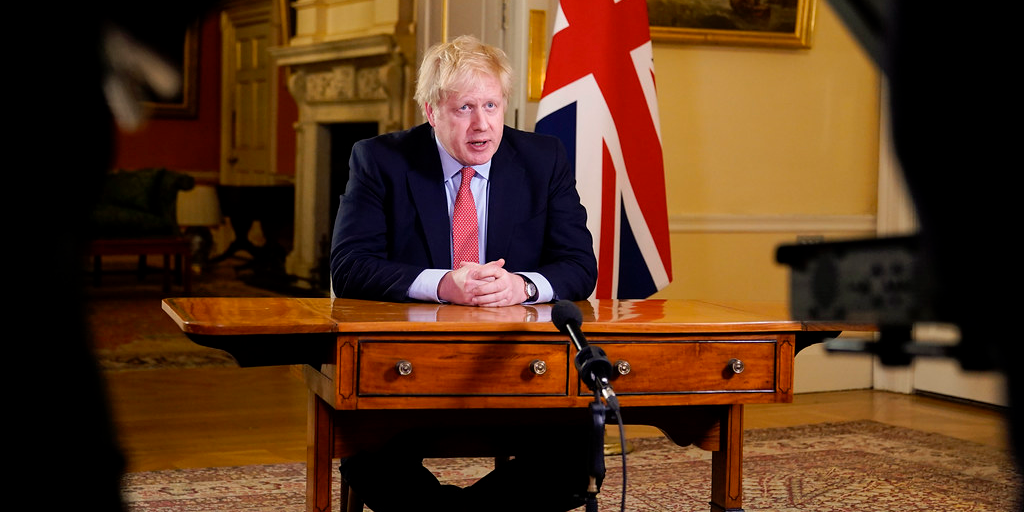British Prime Minister, Boris Johnson, has imposed a ban on public gatherings of more than two as Coronavirus cases continue to increase.
This report highlights some lockdown measures taken in some parts of the world to avoid a further spread of the pandemic.

The Coronaviurs pandemic is taking a toll on all parts of the world. It is now forcing countries and economies to shut down as many citizens are at risk of contracting the virus.
Prime Minister of Britain Boris Johnson is optimistic a stay at home will cushion the effect of the pandemic on Britons.
Boris Johnson said: “The coronavirus is the biggest threat this country has faced for decades – and this country is not alone. All over the world we are seeing the devastating impact of this invisible killer.
Without a huge national effort to halt the growth of this virus, there will come a moment when no health service in the world could possibly cope; because there won’t be enough ventilators, enough intensive care beds, enough doctors and nurses.”
This has made the UK Prime Minister declare a stay at home. According to him, this move will reduce the number of infected persons and allow the health workers control the situation.

“I must give the British people a very simple instruction – you must stay at home. Because the critical thing we must do is stop the disease spreading between households. That is why people will only be allowed to leave their home for the following very limited purposes: shopping for basic necessities, as infrequently as possible; one form of exercise a day – for example a run, walk, or cycle – alone or with members of your household; any medical need, to provide care or to help a vulnerable person; and travelling to and from work, but only where this is absolutely necessary and cannot be done from home.”
The directive also shuts all shops selling non essential commodities and bans gathering of more than two people.
South Africa
The situation is no different in South Africa as President Cyril Ramaphosa also imposed a 21 day lockdown from 26th of March to contain the spread of the virus.
President Cyril Ramaphosa said; “The nation wide lockdown is necessary to fundamentally disrupt the chain of transmission across society. I have accordingly directed the South African National Defense Force to be deployed to support the South African Police Service in ensuring that the measures we are announcing are implemented.”
Streets have been deserted and many places across the world become a shadow of their own as governments put difficult but decisive measures to ensure people are indoors.
Italy
In Italy, the second-worst affected country, lockdown measures have banned the public from all non-essential movements, with relaxation spots closed, funerals and weddings put on hold, and schools and universities will also remain closed.
Spain
Spain is also seeking parliaments approval to extend a two week state of emergency by 15 days.
France
France declared a ‘war’ on the virus as police officers enforce lockdown measures and issuing fines of over £100 to those who go out without the necessary documents.

Denmark
Denmark also closed all schools and universities and banned all indoor events with 100 or more participants in a bid to prevent more records of infections.
Several other countries like New Zealand, Ireland, El Salvador, Belgium, Poland, Australia, Germany, Argentina, Morocco, Kenya, Peuto rico, Czech Republic, Malaysia have also declared a partial or total lockdown to cushion the effect of the virus.
Although several measures are put in place by governments in different parts of the world, the concern of many is the ability of citizens to stay indoors, break the chain of transmission and save the lives of health workers who have no choice but to come in contact with the patients.
Health experts say if the chain is broken, it may reduce the surge in cases recorded daily and the number of persons who have died due to the pandemic.




